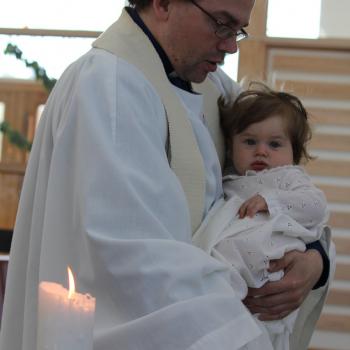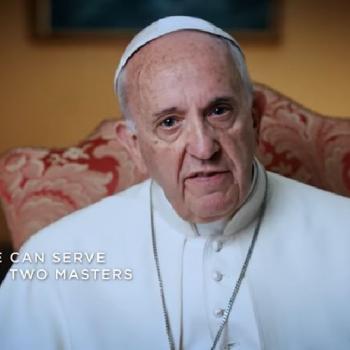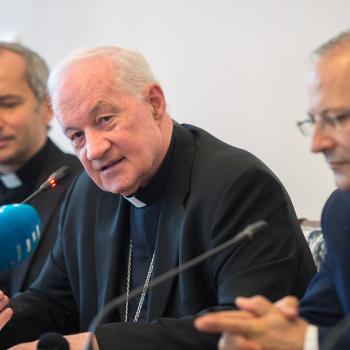Against the background of Trump’s beating war drums in Syria, the Vatican has warned against the proliferation of Lethal Autonomous Weapons Systems (LAWS), also known as robotic weapons or ‘killer robots’. Speaking April 9 at a United Nations meeting in Switzerland, the representative of the Holy See to the UN offices in Geneva said that “the development of LAWS will provide the capacity of altering irreversibly the nature of warfare, becoming even more inhumane, putting in question the humanity of our societies”.
“Any armed intervention must be carefully weighed and must at all times verify its legitimacy, legality, and conformity with its purposes, which must also be both ethically and legally legitimate”, explained Archbishop Ivan Jurkovič to the those assembled at the Group of Governmental Experts on LAWS meeting in the Swiss city. Ethical imperatives which, given the complexity of modern warfare, are “too nuanced” to be entrusted to machines, said the prelate, for which reason a more acceptable principle for judging the moral permissibility of autonomous weapons is that of “anthropological non-contradiction”: that is, the consistency of the technology “with the proper conception of the human person, the very foundation of law and ethics”.
“For a machine a human person is merely an interchangeable set of data”
Among the “ethical and legal questions and contradictions” around LAWS that Jurkovič discussed in his speech were the fact that “an autonomous weapons systems could never be a morally responsible subject”, since “the unique human capacity for moral judgment and ethical decision-making is more than a complex collection of algorithms and such a capacity cannot be replaced by or programmed in, a machine”. Or that LAWS may produce effects other than and beyond those prescribed by the competent authorities, with the corresponding “dilution of responsibility” and “total lack of accountability” for any war crimes committed by the machine. And that for LAWS “a human person… is merely an interchangeable set of data among others”, a fact that gives rise to an “inhuman” contradiction: that “the delegation of powers to autonomous systems puts us on the path of negation, oblivion, and contempt for the essential characteristics” of the human person.
In a timely warning in the midst of Trump’s threats to Assad – now come to fruition – after the toxic bombing in Douma, Archbishop Jurkovič concluded his speech by with a reminder that “international security and peace are best achieved through the promotion of a culture of dialog and cooperation, not through an arms race”. And a warning to a world obsessed by building ever more capable robots and artificial intelligence systems, to the effect that “a world in which autonomous systems are left to manage, rigidly or randomly, fundamental questions related to the lives of human beings and nations, would lead us imperceptibly to dehumanization and to a weaking of the bonds of a true and lasting fraternity of the human family”.
















